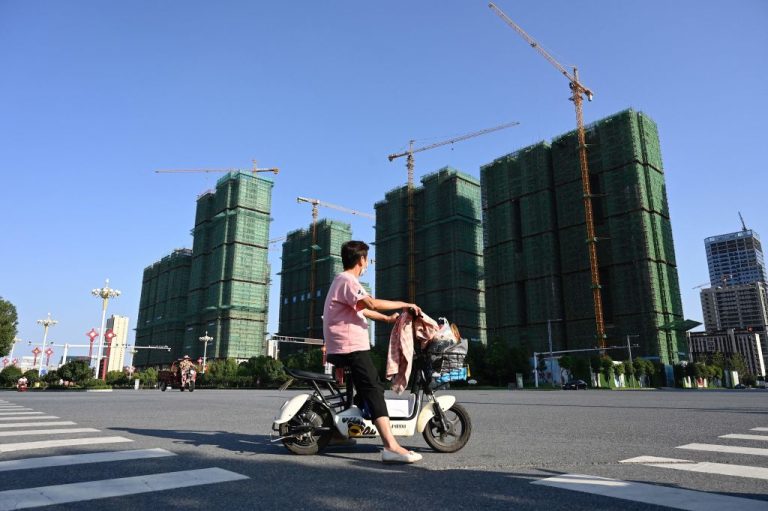In a landmark decision that highlights the ongoing turmoil in China’s real estate sector, a Hong Kong court has ordered the liquidation of the embattled Evergrande Group. The decision came following months of escalating financial woes that included protracted negotiations and unsuccessful debt restructuring with creditors and financial agencies.
The Hong Kong High Court’s decision, announced on Monday, Jan. 29, concludes a 19-month negotiation period between Evergrande and its overseas creditors, which ultimately failed to yield a “viable restructuring plan.”
“It seems to me that the interests of the creditors will be better protected if the company is wound up by the court, so that independent liquidators can take control over the company,” said Judge Linda Chan, who presided over the case.
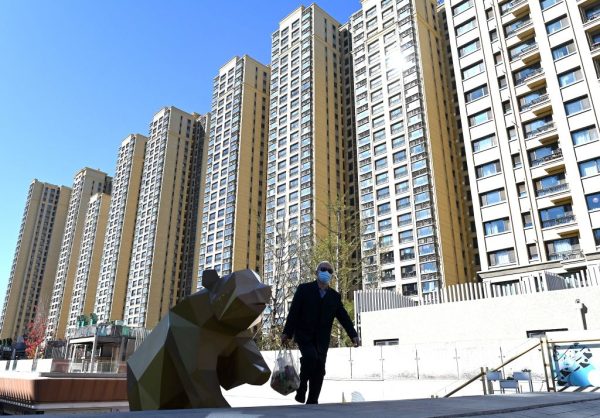
In hot water
Evergrande’s financial troubles, which became publicly apparent with its debt default in 2021, have sent shockwaves through China’s economy. The company, with liabilities exceeding 2.39 trillion yuan ($333 billion) as of mid-last year, had become the world’s most indebted property developer. Its bankruptcy filing in New York in 2023 further exacerbated investor concerns and undermined confidence in China’s sputtering real estate market.
RELATED: In Rare Admission, Xi Jinping Says China’s Economy Is Struggling
Success
You are now signed up for our newsletter
Success
Check your email to complete sign up
The liquidation process, which will be overseen by appointed liquidator Alvarez and Marsal, involves the potential sale of Evergrande’s assets in Hong Kong — including its Wan Chai office tower, which might be stripped and sold to raise funds, a CNN report notes. However, despite once being a dominant force in China’s real estate sector, the implications for its extensive operations across the country remain uncertain.
“At present, the management and operation systems of Hengda Real Estate Group and other domestic and overseas subsidiaries as independent legal entities remain unchanged,” said Evergrande CEO Xiao En as he tried to reassure stakeholders.
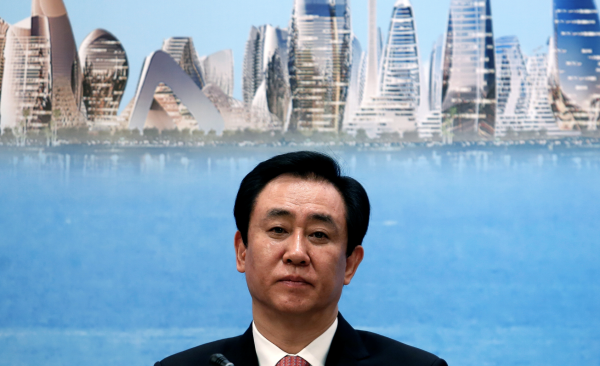
But experts note that it will take a lot more than liquidation for creditors to recuperate their capital and regain investor confidence. “Today’s liquidation order will have very limited immediate impact on Evergrande’s onshore operations or assets,” said Brock Silvers, Chief Investment Officer at Hong Kong-based bank, Kaiyuan Capital.
Silvers further elaborated on the complexities of “cross-border insolvency proceedings” between Hong Kong and Shenzhen — where Evergrande is based — suggesting that mainland Chinese courts are unlikely to recognize the offshore liquidation process.
Investors shaken up
This latest development in Evergrande’s saga has had a mixed impact on Chinese markets, with Hong Kong stocks rising but mainland indexes faltering. Since February 2021, Chinese and Hong Kong stocks have lost about $6 trillion in value — further reflecting investor unease in the sector.
The wider ramifications of Evergrande’s liquidation also extend beyond its direct financial impact, observed Silvers. “Evergrande’s offshore liquidation was mostly expected, but it’s still a significant setback for an already troubled onshore real estate sector — one which will further decay investor sentiment.”
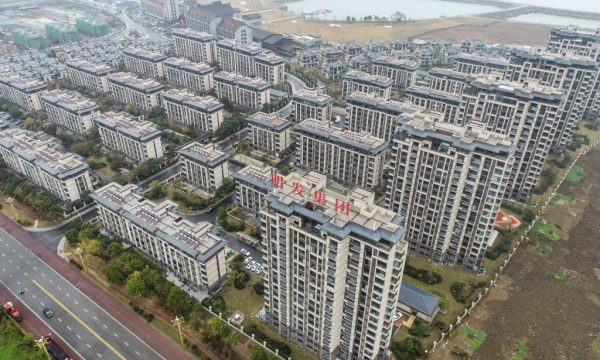
To further complicate matters, the crisis is not limited to Evergrande alone. Chinese developers face maturing obligations of $100 billion this year, and local governments’ financing arms have $650 billion in debt due. This, coupled with the real estate sector’s decline has already begun to affect the broader financial system — especially given the significant exposure of shadow banks, said Silvers.
“Given all of these impending solvency issues, Evergrande’s creditors will likely face a near wipe-out,” he said as he emphasized the dire outlook for the company’s creditors.
MORE ON THIS: The Politics of Evergrande’s Collapse
Beyond the immediate impact from Evergrande’s collapse, investor concerns in China also face challenges in deflation, debt burdens, demographic challenges, and Beijing’s ideological policy shifts.
“The company has only itself to blame for the wind-up,” said Fergus Saurin, a lawyer at Kirkland & Ellis who represents bondholders with $4 billion in debt. “The company has failed to engage with us. There has been a history of last-minute engagement, which has gone nowhere,” Saurin told Nikkei Asia reporters following the Hong Kong court’s decision.
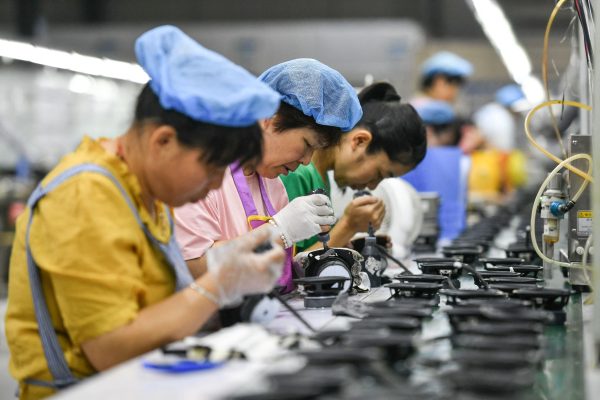
Evergrande’s attempted restructuring in 2023 was further derailed following allegations of criminal activities against its founder and chairman, Xu Jiayin. The development is indicative of an increasing intertwining of business and regulatory challenges in China; now further exacerbated by the company’s demise, said Tiffany Wong, Managing Director of Restructuring at A&M.
Now, the “main priority is to see as much of the business as possible retained, restructured, and remain operational,” as part of an effort to salvage viable parts for investors, added Wong.
Sputtering national economy
The property crisis in China is striking at the heart of its economy. For years, the country’s rapid growth was fueled by a booming housing market — driven in large by population growth and urbanization. But with the real estate industry contributing up to 30 percent of China’s GDP and the majority of household wealth tied up in property, the sector’s downturn has far-reaching implications.
Government efforts to curb excessive borrowing by developers in 2020, intended to cool down the property bubble, have only accelerated the crisis. Numerous Chinese developers have since defaulted on their debts — turning the industry from a growth driver into an economic drag.
China’s real estate struggles worsened amid a slow recovery from stringent “zero-COVID” lockdowns and other economic challenges — including record high rates of youth unemployment and financial stress in local governments. December saw the steepest decline in new home prices in nearly nine years, with property investment dropping by 9.6 percent in 2023 from the previous year.



